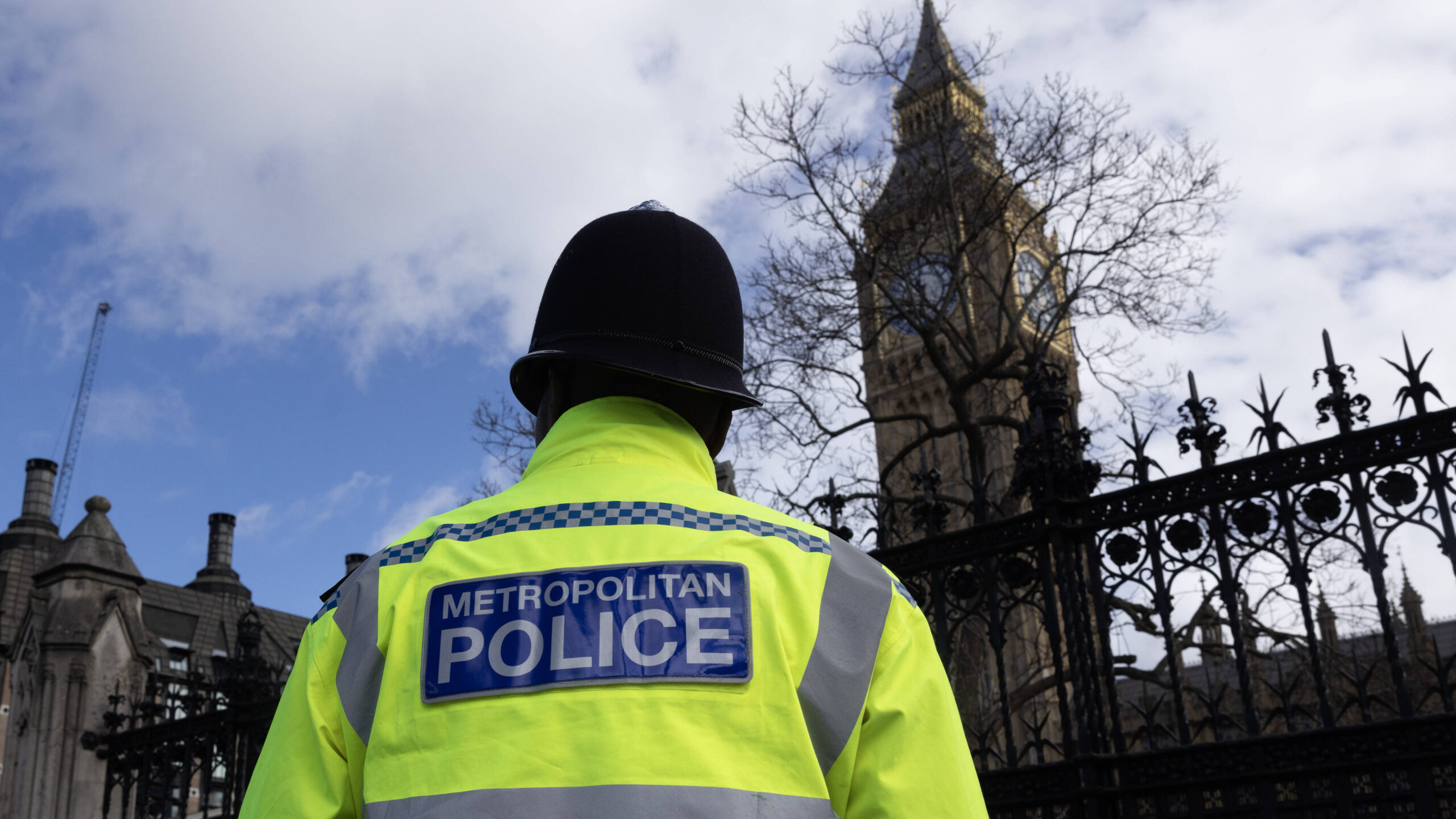In a world where we rely on those in uniform to protect and serve, the line between authority and abuse can sometimes blur, leading to devastating consequences. This unsettling reality was brought to the forefront with the recent news of a Metropolitan Police officer who was dismissed after a misconduct hearing revealed his involvement in the horrendous assault of a young schoolgirl. This incident, while shocking, is not isolated and raises significant questions about police accountability and public trust, particularly within the UK.
Unfolding the Misconduct of Officer Ross Benson
The case of Officer Ross Benson came to light when allegations surfaced about his inappropriate actions towards a 12-year-old girl. The misconduct hearing concluded that Benson had repeatedly spanked the child, which had a sexual element to it, while he was off duty. These actions were deemed to breach the Metropolitan Police’s standards of professional behaviour at a level of gross misconduct. Benson’s dismissal came without notice, and he was placed on the College of Policing’s barred list, preventing any future employment in law enforcement roles.
The details of this case highlight the grave nature of the misconduct. The assaults occurred between April and August 2018, with the victim known to Benson. It took courage for the young girl to report the incident, and her bravery was acknowledged by the force’s senior officials who supported the dismissal decision. This case adds to a growing list of misconduct cases within the Metropolitan Police, underscoring a need for systemic change.
The Policies Broken by Benson
Police officers are held to high ethical standards, not only to maintain the public’s trust but to ensure the safety and dignity of the individuals they serve. In Benson’s case, the assault on the schoolgirl violated several key standards of conduct within the Metropolitan Police. These include discreditable conduct, which brings the service into disrepute, and breaches of integrity and respect. Such violations compromise the force’s ability to safeguard vulnerable individuals, particularly children, who may be more susceptible to exploitation and abuse by those in positions of authority.
The disciplinary panel noted that Benson’s actions were not only morally repugnant but also legally indefensible, citing gross misconduct as the primary reason for his dismissal. This aligns with public expectations of police accountability, as society demands that those who enforce the law also abide by it rigorously.
Pattern of Misconduct in the Met
Benson’s case is unfortunately not an outlier within the Metropolitan Police. It fits into a broader pattern of misconduct allegations, particularly related to sexual offences, which have plagued the force in recent years. Data revealed that allegations of sexual assault and related offences against Metropolitan Police officers reached their highest level in a decade following the high-profile case of Sarah Everard, a young woman murdered by an off-duty officer.
This trend highlights systemic issues within the organisation, suggesting a culture that may have allowed such behaviours to persist unchecked. The revelation that many officers continue to serve despite allegations of misconduct further worsens public concern and calls for comprehensive reforms within the force. In the aftermath of such incidents, rebuilding public trust becomes a critical challenge for the Metropolitan Police.
Ethical Questions in Authority and Protection
The intersection of authority, power, and protection in policing raises critical ethical questions. In Benson’s case, the abuse of power highlights the need for law enforcement to reevaluate their approach to authority. Policing cultures must adapt to prioritise safeguarding over control, ensuring that officers are held to the highest ethical standards.
Training programs should incorporate ethical decision-making and emphasise the importance of empathy and respect for all individuals, regardless of their age or status. By instilling these values in officers from the outset, police forces can foster a culture of integrity and responsibility.
Legal Protections for Children: Safeguarding the Vulnerable
In the UK, several legal protections exist to safeguard children from abuse, especially by authority figures like the police. The Children Act 1989 provides a broad framework for protecting children, emphasising the child’s welfare is paramount. Additionally, the Sexual Offences Act 2003 outlines offences related to children and includes provisions for harsher penalties when the perpetrator is in a position of trust.
Parents of young victims who experience police misconduct can take specific actions to protect their rights and seek justice. Filing a police complaint claim is a crucial first step, and seeking legal representation can help ensure the process is handled appropriately and effectively. Legal experts can guide families through the complexities of the legal system, advocating for compensation and holding perpetrators accountable. To speak with a police complaints expert, please click here.
The case of Officer Ross Benson underscores the urgent need for accountability and reform within law enforcement agencies. While his dismissal represents a step towards justice, it also highlights the broader systemic issues that must be addressed to restore public trust and ensure the safety of vulnerable individuals.
Keep an eye for more latest news & updates on Latest Dash!

